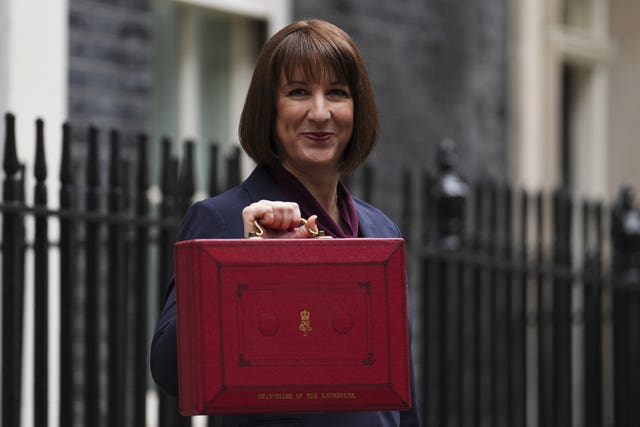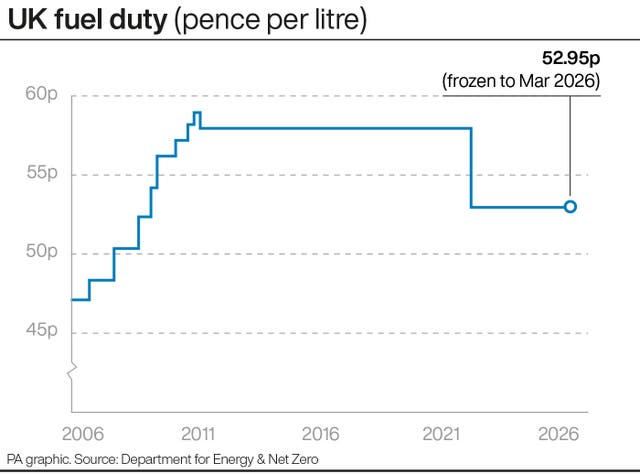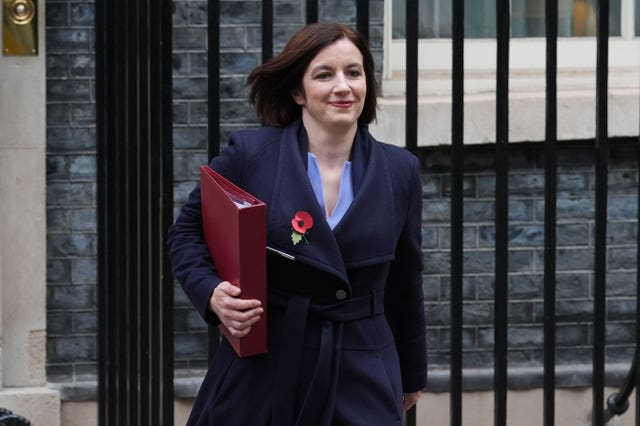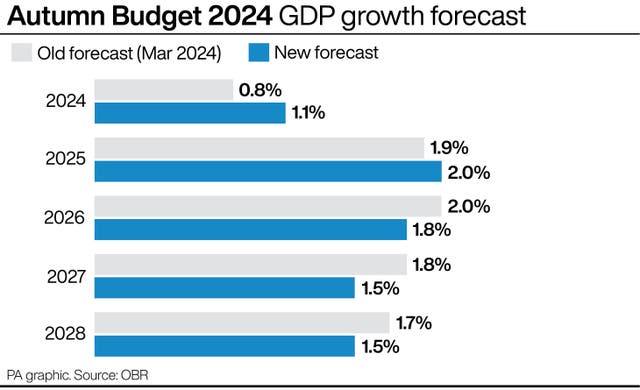At a glance: Key points from the 2024 Autumn Budget
Here are the main points from Chancellor Rachel Reeves’ Budget, the first by a Labour government since March 2010.

Here are the main points from Chancellor Rachel Reeves’ Budget:
– The Chancellor has raised taxes by £40 billion. “Any chancellor standing here today would face this reality, and any responsible chancellor would take action,” Ms Reeves said.
– The headline rates of capital gains tax will increase, with the lower rate rising from 10% to 18% and the higher rate from 20% to 24%.
– The stamp duty land tax surcharge for second homes will increase by two percentage points to 5%, and will come into effect from Thursday, the Chancellor added.
– She also confirmed changes to inheritance tax. This includes bringing pension pots within the with tax from April 2027 and reforms to agricultural and business property reliefs, raising a total of £2 billion a year.

– The Chancellor said that national insurance, VAT or income tax will not increase for working people in this Budget. “I say to working people: I will not increase your national insurance, your VAT, or your income tax,” Ms Reeves said.
– The national minimum wage will rise by 6.7% to £12.21 an hour after asking the Low Pay Commission to take the “cost of living” into account. The Government will move to a single level of the minimum wage, the Chancellor said, which will mean a flat rate for those 18 and above.
– A “flat rate duty” on vaping liquid will be introduced from October 2026. Taxes will also increase on tobacco. Meanwhile draught duty on alcoholic drinks will fall by 1.7%, meaning “a penny off a pint in the pub”.

– Ms Reeves reiterated the Government’s commitment to the pension triple lock, telling the Commons the basic and new state pension will rise by 4.1% in 2025-26.
– The weekly earnings limit for carers allowance will rise to the equivalent of 16 hours a week at the national living wage, the largest increase since the allowance was introduced.
– The Government will set aside £11.8 billion to compensate those affected by the infected blood scandal and £1.8 billion to compensate victims of the Post Office Horizon scandal.
– Ms Reeves announced a £22.6 billion increase in the day-to-day health budget as well as a £3.1 billion increase in the capital budget, which she called the “largest real-terms growth in day-to-day NHS spending outside of Covid since 2010”.
– Defence spending will rise by £2.9 billion next year, and provide £3 billion of support to Ukraine each year.
– The Chancellor has announced £1.4 billion to rebuild more than 500 schools as part of a 19% real-terms increase in the Department for Education’s capital budget, along with £2.1 billion for school maintenance.

– HS2 will be brought to Euston Station in London, Ms Reeves confirmed. She said she would commit “the funding required” to begin tunnelling work.
– Rail links will be upgraded between York, Leeds, Huddersfield and Manchester.
– Local government will get an “significant real-terms funding increase”, with £1.3 billion of extra grant funding next year to deliver “essential services,” Ms Reeves announced.
– Ms Reeves said she is setting a “2% productivity, efficiency and savings target” for all Government departments next year.
– The Government hopes to raise £6.5 billion by giving HMRC new technology and hiring extra staff to crack down on £6.5 billion in unpaid taxes.
– The Chancellor went on to say she will reduce fraud in the welfare system by hiring new members of the Department for Work and Pensions counter-fraud teams. It will save £4.3 billion a year by 2029.

– On inflation, ministers will maintain the MPC’s (Bank of England’s Monetary Policy Committee) target of 2%, as measured by the 12-month increase in the Consumer Prices Index.
– Ms Reeves said the OBR has forecast that CPI inflation will average 2.5% this year, 2.6% in 2025, then 2.3% in 2026, 2.1% in 2027, 2.1% in 2028 and 2% in 2029.
– The Chancellor said Government borrowing for this year is expected to reach £127 billion.
– Public sector net borrowing will be £105.6 billion in 2025-26 and drop each year to £70.6 billion in 2029-30.
– She added the current budget will be in deficit by £26.2 billion in 2025-26 and £5.2 billion in 2026-27, before moving into surplus of £10.9 billion in 2027-28, £9.3 billion in 2028-29 and £9.9 billion in 2029-30, meeting the Government’s “stability rule” two years early.





